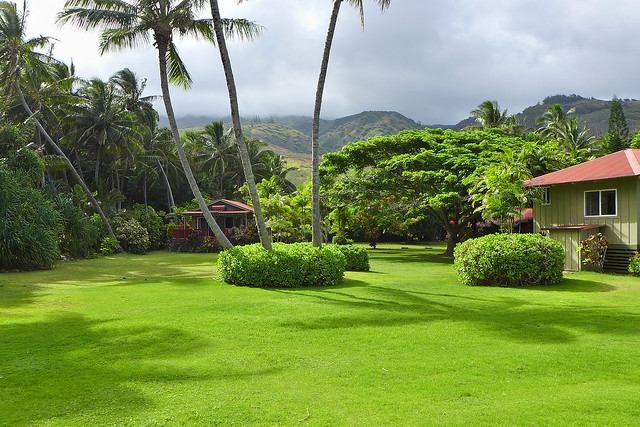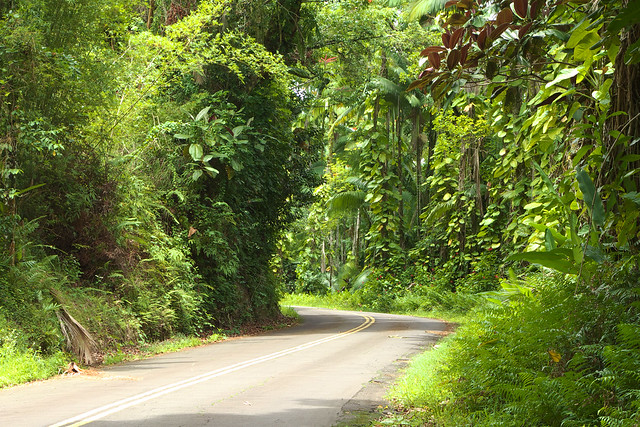
After co-authoring a book entitled Evolving out of Eden and spending three weeks in Hawaii, I’ve given a thought or two to the idea of paradise. For much of our existence on this planet, it seems that humans have been longing for such a place.
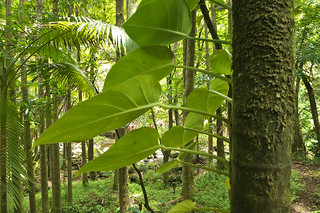
A variation of this theme is that of lost innocence, a time when everything was wild and simple and good. One of our earliest recorded creation myths, the Epic of Gilgamesh inscribed onto Mesopotamian clay tables over 4,000 years ago, describes a primeval superhero who was happy and at home with his friends the wild animals. Alas, this “child of nature, the savage man from the midst of the wild” (Tablet I, line 175) is seduced by a harlot down at the watering hole, literally. After a week-long sex marathon, he was a weakened shell of his former self, a stranger to the gazelles and beasts of the field. “Now he had reason, and wide understanding” (line 195).
The story far better known to us, though almost entirely ignored in the rest of the Hebrew Bible, is the one based in large part on the Mesopotamian epics and set in the same region. Actually, it’s two accounts, written with different agendas in mind. According to Genesis 1, the Gods (whoops, leftover polytheism) create the first man and woman in their image (v. 26), and tell them to get busy having babies and taking over the place, enjoying a varied diet of pretty much everything that grows or moves. (None of the Jewish dietary laws had been invented yet.) The account of Genesis 2-3 is the one where the First Couple munch on fruit in Eden, naked and innocent, until things go terribly wrong, and we get Paradise Lost.
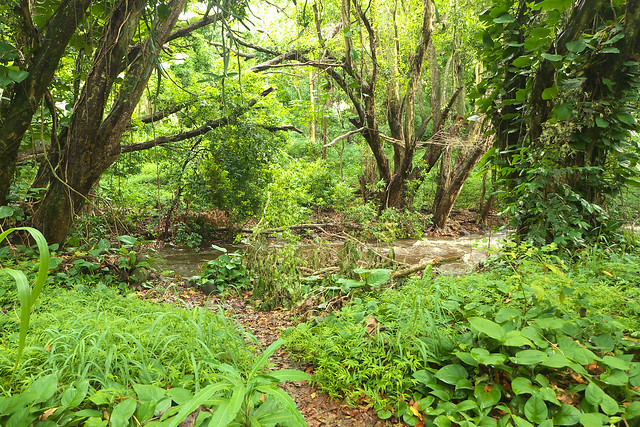
The religion of the early Hebrew Bible was just a step away from its polytheistic roots. Yahweh was a tribal war deity who showed favor and displeasure in crop abundance or famine, battles won and lost, loot from conquering and the horrors of being conquered. As this God evolved and became more of a remote abstraction, however, his divine judgment took on less immediacy. Promises of a paradisaical life after this one finally began to emerge.
At first, we see the barest glimmer of eternal sunshine in the gloom of the lifeless, neutral Hebrew Sheol: Job expresses the hope of seeing God even after worms destroy this body, though the rest of the book paints the usual muted and bleak picture. The Psalms provide a few mentions of glory afterward among lots of talk about a dreaded, forgotten nothingness in the grave.
Eventually, Isaiah would offer a clear indication of the dead being resurrected. They, God’s dead at least, “will live, their dead bodies will rise. The dwellers in the dust will awake and shout for joy! For your dew is like the dew of the dawn, and the earth will give birth to the dead” (Isa. 26:19). Interestingly, Isaiah seems to hint at the change in viewpoint by contrasting this promise with a statement a few lines earlier about God’s previous disposition of the dead: “The dead will not live, and the departed spirits will not rise. You punished and destroyed them, and imprisoned all memory of them” (Isa. 26:11, both from the Dead Sea Scrolls Bible).

As evidenced by the mountain of grave goods that were crammed into King Tut’s tomb in 1323 B.C., the Egyptians had a detailed view of the afterlife much earlier than the Israelites. The Greek pagans were ahead in the Mediterranean afterlife game by many centuries, too: Elysium was their eternal resting place for the gods and some favored mortals. According to Wikipedia, Homer’s Odyssey mentions an “Elysian plain … where life is easiest for men. No snow is there, nor heavy storm, nor ever rain, but ever does Ocean send up blasts of the shrill-blowing West Wind that they may give cooling to men.”
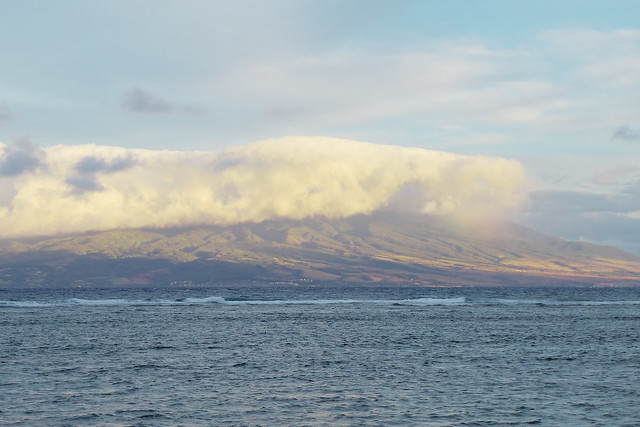
The Old Testament would have to pass to the New before those monotheists along the Mediterranean’s eastern shore would really come to embrace the idea of life eternal. The most famous Jew of all time (whether he existed as an actual man or only in the hazy memories of devotees writing decades later) came along and raised the post-mortem stakes, warning that “if thine eye offend thee, pluck it out, and cast it from thee: it is better for thee to enter into life with one eye, rather than having two eyes to be cast into hell fire” (Matt. 18:9). Of course, it was eternal life he was promising. When the penitent convict turned to him on the cross, according to Luke’s account, the words he chose to speak as a comforting response were, “Today shalt thou be with me in paradise” (Luke 23:43).
The new Jesus sect had its main earthly champion in another Jew, Apostle Paul, who promised a wondrous reward for God’s beloved. He could offer no details, though: “Eye hath not seen, nor ear heard, neither have entered into the heart of man, the things which God hath prepared for them that love him” (1 Cor. 2:9).
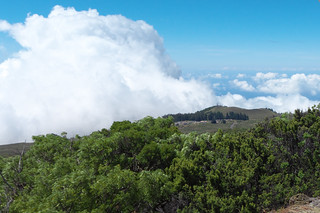
These things awaited the faithful somewhere above the great blue dome of the sky. Mark and Matthew tell their readers that Jesus will come in the “clouds of heaven” (Matt. 24:30 & 26:64, Mark 14:62). It was an unattainable place far overhead. When the writer of 1 Thessalonians assured an unexpected new generation of Christians that their dead relatives also would attain this ethereal reward, along with the living, he was looking skyward. And it would happen, he promised, real soon now. “We which are alive and remain shall be caught up together with them in the clouds, to meet the Lord in the air: and so shall we ever be with the Lord” (1 Thess. 4:17).
The idea had evolved to the point where this life was a mere prelude to the next. It had a certain comfort to it: God would finally wipe away the tears of a difficult life, at last right the injustices of a beggar foraging scraps at a rich man’s table. The rest of Judaism seems not to have paid much attention, though. To this day, they focus much more on how you live your current life than what might happen to you afterwards. That’s surprising in a way: Jews have more reason than most to complain about the way things have gone for them, historically.
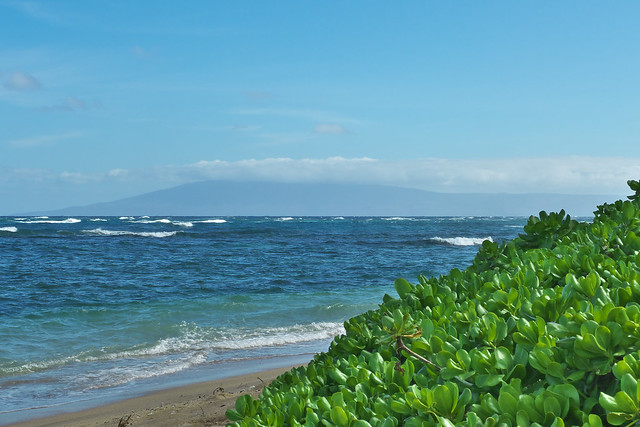
Even without regard to Rome, Masada, the Pogroms, and the Holocaust, most everybody throughout history had reason to yearn for some sort of better existence after death. Life basically sucked, and for all too many, still does. There is and always has been slavery, famine, disease, and war. In the natural state of things, observed the 16th century pessimist Thomas Hobbes, the life of man was “solitary, poor, nasty, brutish, and short.” No wonder the promises of heaven have maintained such appeal.
And no wonder the hereafter was envisioned as a marked contrast with what was being experienced in the here and now. The Revelation of John, written for people in the sun-baked islands of the Mediterranean, promised that there would be respite from the sun, heat, and thirst in heaven (Rev. 7:16-17). Luther’s extensive complaints about paradise lost have the distinct sound of a cranky old man tossing and turning on a filthy straw mattress in late medieval Europe. An obedient Adam, he laments, would have had access to the Tree of Life and
would have eaten; he would have drunk; and the conversion of food in his body would have taken place, but not in such a disgusting manner as now. Moreover, this tree of life would have preserved perpetual youth. Man would never have experienced the inconveniences of old age; his forehead would never have developed wrinkles; and his feet, his hands, and any other part of his body would not have become weaker or more inactive. Thanks to this fruit, man’s powers for procreation and for all tasks would have remained unimpaired until finally he would have been translated from the physical life to the spiritual. [Lectures on Genesis]
The Finns of my own ancestry and Laestadian faith tradition longed for a “homeland shore in heaven.” That has no biblical basis; the closest maritime parallel is the lake of fire and brimstone. But it was a compelling picture for exhausted fishermen out on their boats, and it’s still heard in Laestadian sermons today.
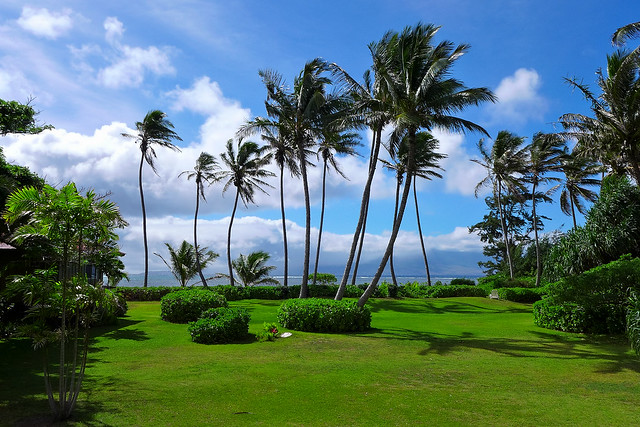
As a mere mortal who has probably lived about half his life already, I do understand the appeal. And having a wonderful life full of light, love, and beauty actually doesn’t change that too much. There is so much to experience, so much to see. Yet someday, as it did for King Tut and Homer and Paul and Luther, it will end for me. My paradise will only remain in these pictures, and the others I take in my remaining days filled with blue and green.
